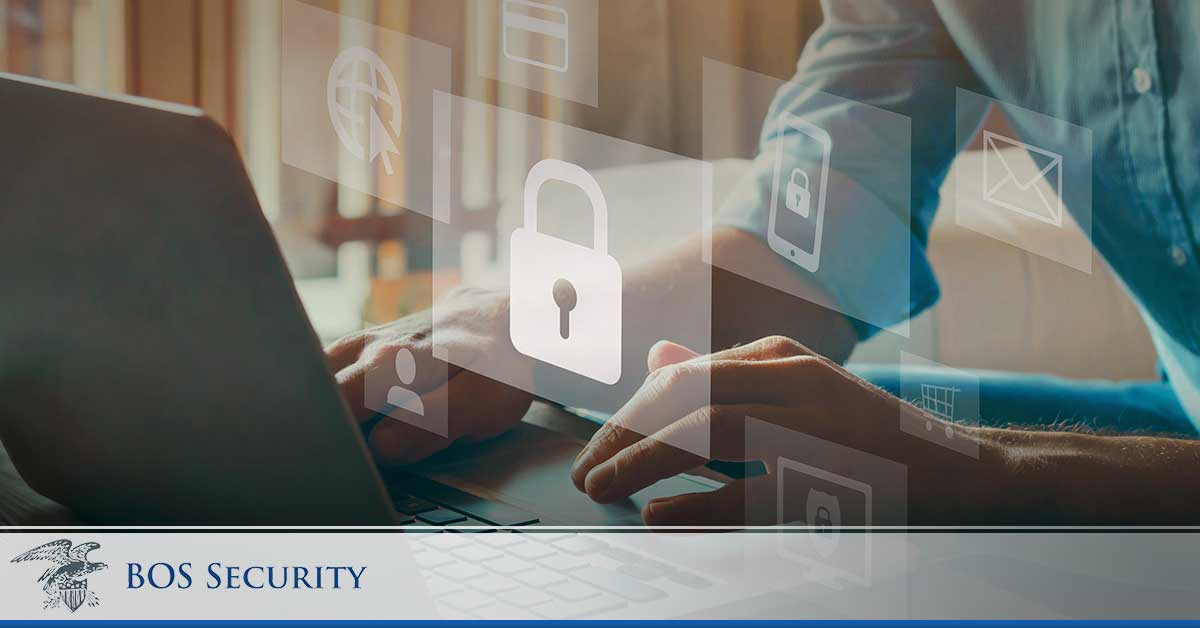If you’re exchanging gifts with your co-workers or employees, eGifts sound like an easy solution – especially if your team is remote (or you waited till the last minute!). But how can you keep your eGifts secure? How can you be sure an email containing a link to an electronic gift is legitimate if you are on the receiving end? What can you do if you are the victim of an eGift scam? Keep these security best practices in mind to ensure your wallet and personal data stays safe throughout the holiday season.
How Do eGifts Work?
Rather than getting a physical card, the recipient gets a link to a virtual gift card. The link will contain a code that can be redeemed for the amount the giver paid for the card. eGifts can be redeemed for various goods and services, including stores, restaurants, subscriptions, etc. Typically, you can spend them online, or print them out or access them on your smartphone if you would like to use them at a physical location.
How Can You Improve eGift Security?
- Only buy eGifts from companies you know. You’ll have more recourse if something goes wrong.
- Don’t use discount/consolidation companies. It’s difficult to know which ones are safe.
- Notify recipients they should expect an eGift, so they don’t assume it’s a scam.
- Visit the Federal Trade Commission (FTC) website for more tips on recognizing, avoiding and reporting an eGift scam.
Be Cautious About Opening Unknown Links.
If you’re unsure about a link, contact the sender – not by replying to the email containing the link. Send a separate email or text or call. The five minutes it takes to check can save untold hours of repairing damage to your computer or your credit.
What Can You Do If You Are A Victim of a Scam?
- Notify your bank and credit card company. Put a freeze on your account with all three credit bureaus to prevent scammers from doing further damage.
- File a police report. Your bank or credit card company may require you to produce one.
- If you opened the link on a work computer, report the scam to your IT department. They can check for any viruses, worms, etc., the card may have introduced into the network.
- Report it to the FTC’s fraud division and your state’s attorney general.
Keeping People, Property, and Data Safe is our Business
BOS Security provides the latest security options to businesses of all sizes and industries, including armed and unarmed guards and remote-monitored security cameras. Contact BOS Security at 404-793-6965 for a free safety assessment or complete the form below.
"*" indicates required fields
